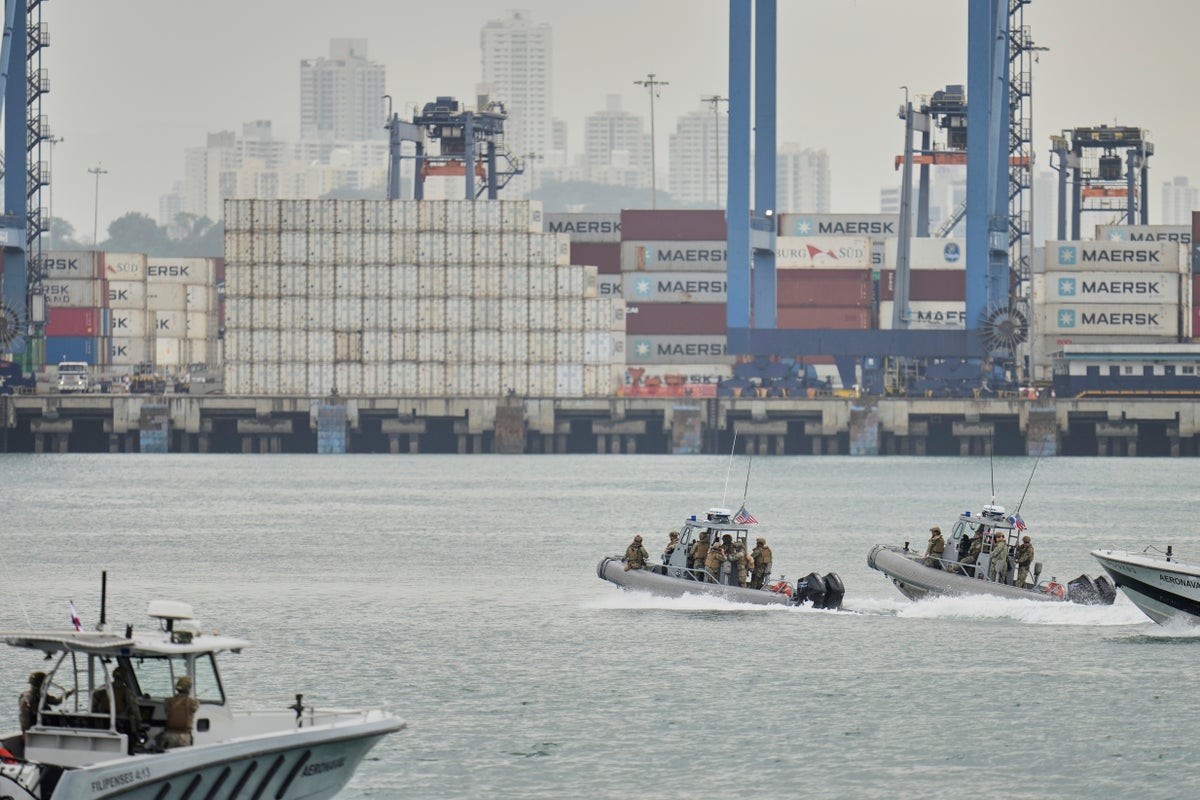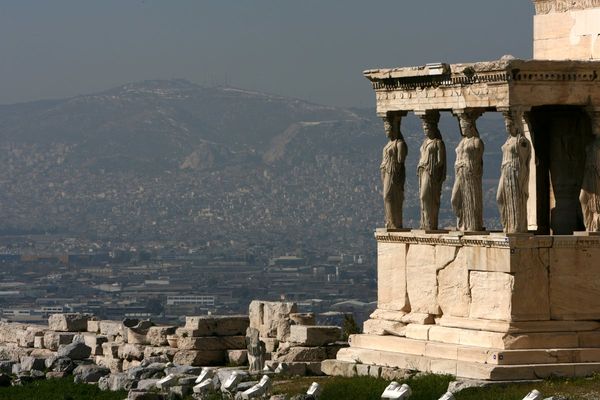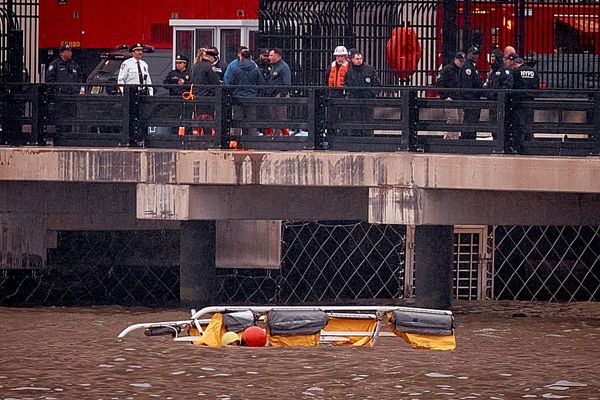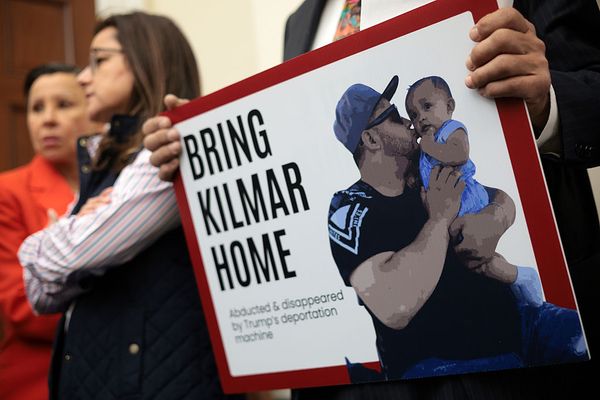
U.S. Secretary of Defense Pete Hegseth credited Panama President José Raúl Mulino on Tuesday with improving security cooperation between their nations after the two men met.
Hegseth did not comment as he left the meeting to head to a ribbon cutting for a new U.S.-financed dock on a former U.S. base, but posted a photo of the two men laughing to X.
Hegseth wrote that it was an honor speaking with Mulino.
“You and your country’s hard work is making a difference. Increased security cooperation will make both our nations safer, stronger and more prosperous,” he wrote.
The meeting comes amid tensions over U.S. President Donald Trump’s repeated assertions that the United States is being overcharged to use the Panama Canal and that China has influence over its operations. Panama has denied those allegations.
After Hegseth and Mulino spoke by phone in February, the U.S. State Department published on X that an agreement had been reached to not charge U.S. warships to pass through the canal. Mulino publicly denied there was any such deal.
Trump has gone so far as to suggest the U.S. never should have turned the canal over to Panama and that maybe the U.S. should take it back.
The China concern was provoked by a Hong Kong consortium holding a 25-year lease on ports at either end of the canal. The Panamanian government announced that lease was being audited and late Monday concluded that there were irregularities.
The Hong Kong consortium, however, had already announced that CK Hutchison would be selling its controlling stake in the ports to a consortium including BlackRock Inc., effectively putting the ports under American control once the sale is complete.
In February, U.S. Secretary of State Marco Rubio visited and told Mulino that Trump believed that China’s presence in the canal area may violate a treaty that led the United States to turn the waterway over to Panama in 1999. That treaty calls for the permanent neutrality of the American-built canal.
Mulino has denied that China has any influence in the operations of the canal. In February, he expressed frustration at the persistence of the narrative. “We aren’t going to speak about what is not reality, but rather those issues that interest both countries.”
The United States built the canal in the early 1900s as it looked for ways to facilitate the transit of commercial and military vessels between its coasts. Washington relinquished control of the waterway to Panama on Dec. 31, 1999, under a treaty signed in 1977 by President Jimmy Carter.







